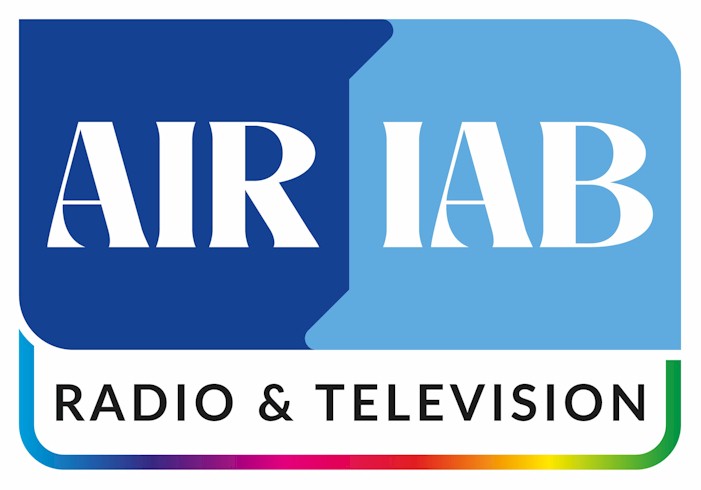United States | Bill Updated That Would Give Broadcasters More Negotiating Power With Big Tech
Inside Radio reported earlier this month that a bill that would help broadcasters have more negotiating power when facing tech giants like Google was showing signs of life. Now an update has been drafted to the Journalism Competition and Preservation Act (S. 673) that is designed to win support for the bill. But it also scales back some of the benefits potentially available to broadcasters.
The foundation of the bill remains the same, however. The bill would allow news publishers and broadcast news operations with fewer than 1,500 exclusive full-time employees to form joint negotiation entities to collectively negotiate with a covered platform over the terms and conditions of the tech platform’s access to digital news content. The bill would also require the big online platforms to negotiate in good faith with the eligible news organizations.
If those joint negotiations fail to result in an agreement after six months, the proposal would allow non-broadcaster news publishers to demand final-offer arbitration similar to what is used in Major League Baseball. That option would not be available to broadcasters.
The bill would also create a limited safe harbor from federal and state antitrust laws for eligible digital journalism providers that allows them to participate in joint negotiations and arbitration. If they breakdown, the proposal would allow the digital outlets to jointly withhold their content from a covered platform.
In a move designed to bring some Republicans onboard, the sponsors have also included a provision that would prohibit a tech platform from taking the views expressed in the content into account when negotiating with an outlet. The size of the news operation could also not be factored in.
Among the other revisions in the bill is that the benefits would be in effect for eight years, rather than the four year timeline included in an earlier version. It also includes language explicitly saying the joint negotiation framework does not amend copyright law.
“To preserve strong, independent journalism, we have to make sure news organizations are able to negotiate on a level playing field with the online platforms that have come to dominate news distribution and digital advertising,” said lead sponsor Senator Amy Klobuchar (D-MN); who is also Chair of the Senate Judiciary Subcommittee on Competition Policy, Antitrust and Consumer Rights. “Our bipartisan legislation ensures media outlets will be able to engage in good faith negotiations to receive fair compensation from the Big Tech companies that profit from their news content, allowing journalists to continue their critical work of keeping communities informed,” she said in a statement.
Republican cosponsor Senator John Kennedy (R-LA) said tech giants like Facebook and Google are “hammering” local outlets by keeping them from making a profit on Big Tech platforms. “It’s killing local journalism,” Kennedy said. “This bill supports the little guy by allowing local news providers to better negotiate with tech companies for the earnings they deserve.”
Reps. David Cicilline (D-RI) and Ken Buck (R-CO) sponsored the companion legislation (HR 1735) in the House, and they both voiced their support for the revisions. Buck said the bill is “a reasonable step” to ensure that these outlets remain available to “provide fair, balanced information to the electorate.”
The bill earlier picked up the backing of the National Association of Broadcasters, and despite the changes, it remains a supporter.
“This legislation would address the dominant power Big Tech gatekeepers wield over local media outlets, including television and radio broadcasters, by enabling fair negotiations when digital platforms seek to offer their users access to our valuable community-based content” said NAB President Curtis LeGeyt.
The Senate Judiciary Committee is expected to hold a hearing on the bill, when lawmakers return from their August recess.
- Source: Inside Radio
